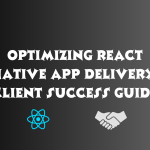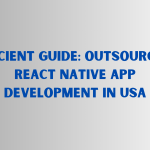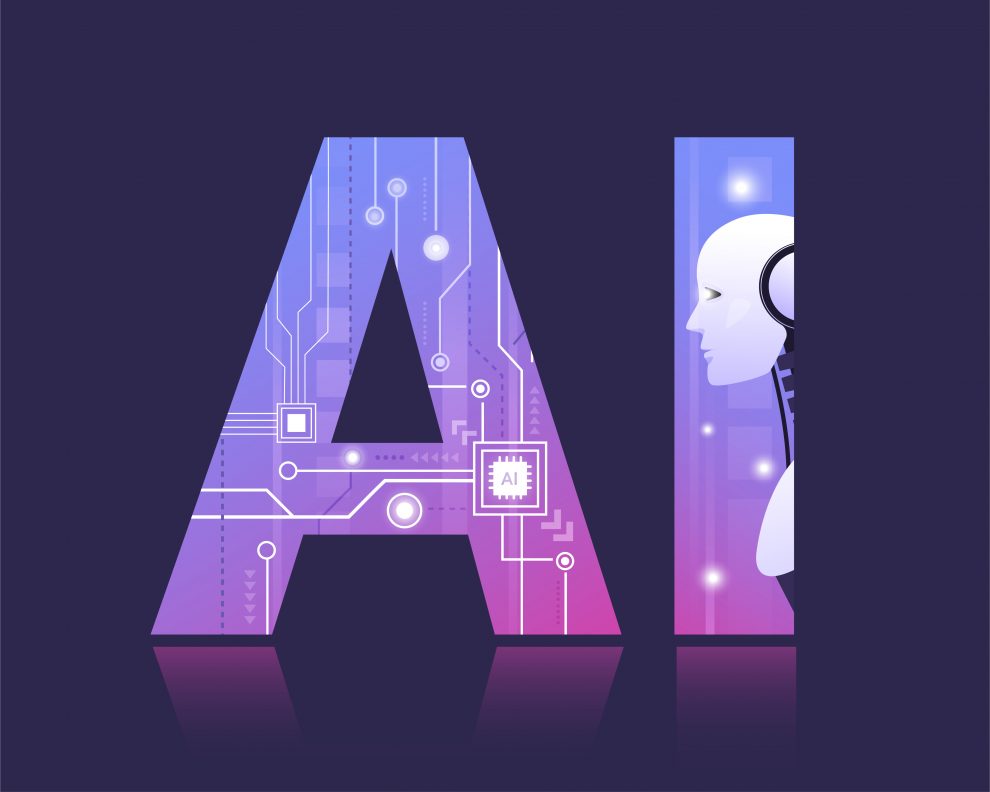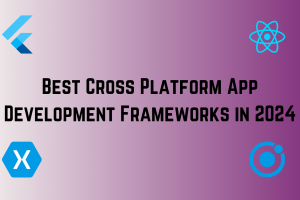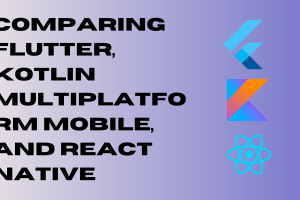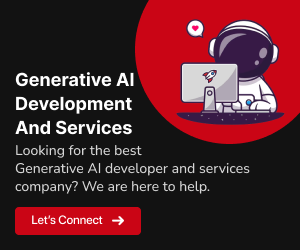In the ever-evolving landscape of mobile app development, React Native has emerged as a powerful and widely adopted framework. Simultaneously, the rise of Artificial Intelligence (AI) is transforming industries by introducing intelligent and adaptive technologies. This blog explores the symbiotic relationship between AI and React Native, unraveling the potential impact on the development of mobile applications.
Understanding React Native Development
Basics of React Native
React Native, developed by Facebook, is a cross-platform framework that allows developers to build mobile applications using JavaScript and React. Its key advantage lies in enabling the creation of apps for both iOS and Android platforms, reducing development time and effort.
Key Features and Advantages
The framework boasts features like hot-reloading, which accelerates the development process, and a modular architecture that promotes code reusability. React Native has gained popularity for its ability to deliver a native-like user experience while maintaining cross-platform compatibility.
Popular Use Cases and Applications
From social media giants to startups, React Native has been employed in various sectors, including e-commerce, healthcare, and entertainment. Its versatility and efficiency have contributed to its widespread adoption.
The Marriage of AI and React Native
Integration of AI Technologies
The integration of AI technologies into React Native development opens new possibilities. Machine learning algorithms, for instance, can be embedded to enhance user experiences, and Natural Language Processing (NLP) can facilitate intelligent interactions within applications.
Benefits of Incorporating AI in React Native
Enhanced User Experience:
AI-driven features such as predictive text, voice recognition, and image analysis contribute to a more dynamic and personalized user experience.Smarter and More Personalized Apps:
Applications can leverage AI to learn user preferences over time, providing personalized recommendations and content.Improved Performance and Efficiency:
AI can optimize app performance by predicting user actions, preloading content, and adapting to user behavior.
Real-world Examples
Case Studies
Healthcare Apps:
Healthcare applications are utilizing AI for various purposes, such as diagnostics, patient monitoring, and the creation of personalized treatment plans. For instance, apps are employing machine learning algorithms to analyze medical imaging data for more accurate and timely diagnoses.
E-commerce Platforms:
E-commerce applications are integrating intelligent recommendation systems based on user behavior and preferences. AI algorithms analyze past purchases, search history, and user interactions to suggest products, enhancing the overall shopping experience and increasing customer engagement.
Customer Support Apps:
Customer support applications are implementing AI-powered chatbots for efficient and responsive customer service. These chatbots use natural language processing to understand user queries and provide relevant information or assistance, reducing response times and improving user satisfaction.
Challenges and Considerations
Technical Challenges
Compatibility Issues:
Ensuring seamless integration of AI components with React Native can pose challenges due to differing platform requirements. While React Native aims to provide a unified codebase, the intricacies of AI frameworks may require platform-specific adjustments.
Performance Concerns:
AI operations can be resource-intensive, impacting app performance on resource-constrained devices. Developers must carefully optimize AI algorithms to ensure smooth execution without compromising the user experience.
Ethical Considerations
Privacy and Data Security:
Collecting and processing user data for AI functionalities raises concerns about privacy and security. Developers must implement robust data protection measures and adhere to privacy regulations to maintain user trust.
Transparency and Accountability:
Developers must ensure transparency in how AI algorithms operate, providing users with clear information about data usage and algorithmic decision-making. Moreover, there should be mechanisms for accountability in case of unforeseen consequences or biases in AI-driven functionalities.
Tools and Frameworks
AI Tools Compatible with React Native
TensorFlow:
TensorFlow is an open-source machine learning library that supports integration with React Native. It provides a comprehensive set of tools for building and deploying machine learning models, making it a popular choice for developers working on AI-powered React Native applications.
Core ML:
Core ML is Apple’s machine learning framework, compatible with React Native for iOS development. It allows developers to integrate pre-trained machine learning models into their applications, enabling a wide range of AI functionalities on Apple devices.
Custom Models with React Native:
For developers seeking more flexibility, building and integrating custom machine learning models into React Native applications is a viable option. This approach allows for tailoring AI functionalities to specific app requirements.
Future Trends
Emerging Trends
Advancements in Machine Learning:
Continued innovations in machine learning algorithms and techniques are expected. This includes improvements in model efficiency, interpretability, and the ability to handle more complex tasks, further expanding the possibilities for AI in React Native development.
Increasing Use of AI in Cross-platform Development:
As cross-platform development continues to gain popularity, the integration of AI in this context is expected to increase. Developers will likely leverage AI to address challenges specific to cross-platform frameworks, enhancing compatibility and performance across different devices.
Conclusion
In the evolving landscape of mobile app development, the fusion of AI and React Native presents unprecedented opportunities. Developers are encouraged to harness AI’s potential for creating more intelligent and efficient mobile applications. As we move forward, industry leaders like GeekyAnts exemplify the transformative impact of this collaboration. GeekyAnts, a standout in software development, showcases how integrating AI elevates React Native capabilities, delivering cutting-edge applications that seamlessly merge user-centric design with intelligent functionalities. This exemplifies the potential of AI to redefine mobile app development, inspiring developers to envision a future where intelligence enhances both technical aspects and user experiences. Reach out us here.






